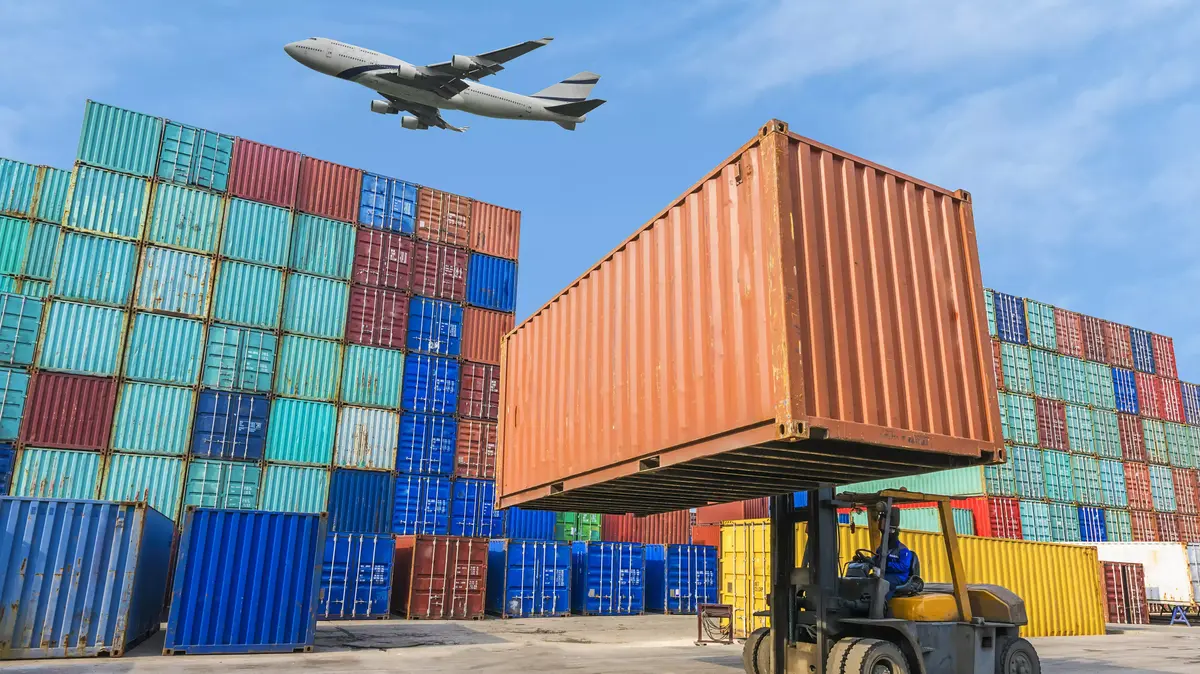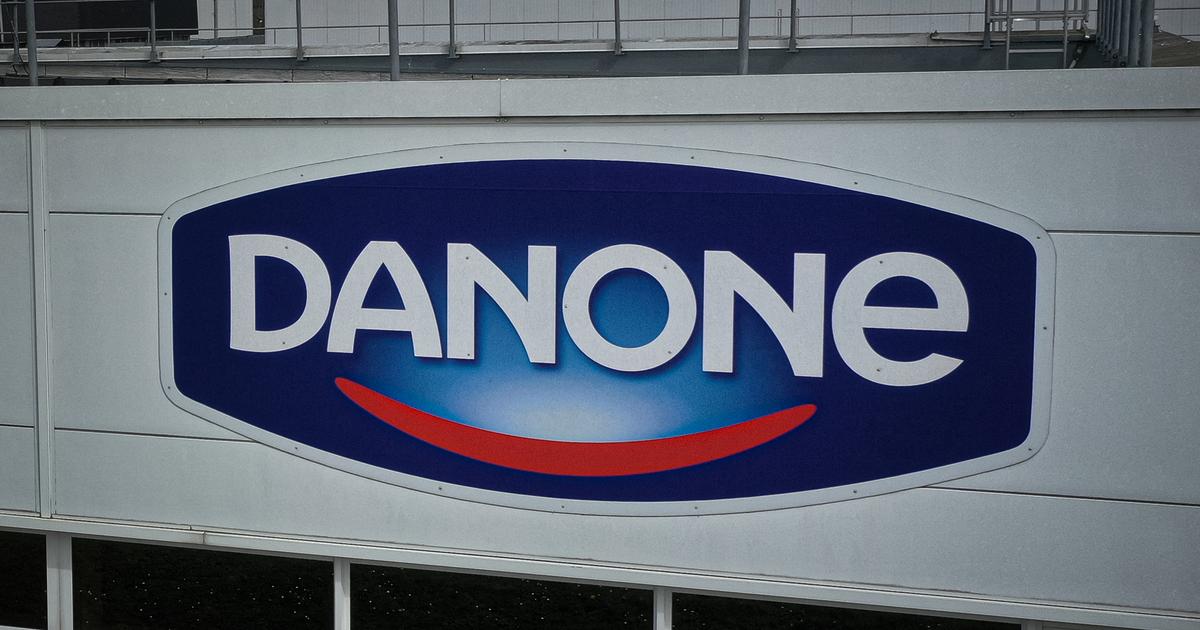Transportation costs did jump by hundreds of percent, but in the last few months they have dropped towards the prices at the end of 2019. So why do they continue to be used as an excuse for price increases - and what happened to the companies' shares? (Photo: ShutterStock)
Crisis in the supply chain?
Not for the transport and logistics companies in it, whose shares have soared by hundreds of percent since the Corona crisis and led their sector to summarize the year 2022 as one of the most worthwhile for investment.
The six companies in the field traded on the Tel Aviv Stock Exchange, examined by Walla!
Silver jumped by 173.6% on average since the Corona crisis during March 2020 and even close to 55% on average since the end of 2019 (see table).
The TA 125 and TA Rimon indices, for example, have risen by approximately 67% and 78% respectively since the Corona crisis in March 2020, and by approximately 14% and 15% since the end of 2019.
Data from the American market research company EMR shows that the logistics market And the international transport was about 10 trillion dollars in 2022, and is expected to be about 14.3 trillion dollars by the year 2028, a figure that expresses a growth of about 6.3% year after year.
A report issued by EMR for the same year indicates that the main drive of the global logistics market in 2022 was made by significant growth in the online retail sector around the world, and led by the Asia-Pacific region.
Above all
, the company that managed to ride the upper edge of the Corona wave is financing cargo and handling terminals Financed by Tabora Holdings (65.93%) - the largest transportation and logistics company in Israel, owned by the Livnat family.
The company's stock has jumped by approximately 300% since reaching the low point of the corona virus during March 2020 and by approximately 73% since the end of 2019, and it expresses a value of approximately 465 million shekels as of the end of the trading day last Tuesday, when it was tested.
Maman ended the first half of 2022 with revenues of 511 million shekels, which jumped by about 20%, due, among other things, to the increase in demand for aviation services and the growth in the cargo terminal's activity in Benghazi.
At the beginning of last September, Ofer Bloch, who served as CEO of Shufersal for only about two months, took over the position of CEO of the company after being approved by the company's board of directors.
The company Overseas Commerce, which operates throughout Israel's ports using the 'port to shelf' method, has also received increases in its stock, which have been about 268% since the low point of the Corona virus and about 71.4% since the end of 2019. The company recently inaugurated a new MRL at the back of the Port of Ashdod.
The only one that presented A relatively low increase compared to the others in the table is the company ETGI, which is under the control of the DBSI fund (31.84%), Meshki Kibbutzim (24.13%), and Barak Dotan (10.61%) and has increased about 10.5% "only" since it began To be traded on the Tel Aviv Stock Exchange in early June 2021.
What happened to the shares of the logistics and transportation companies? (Photo: Walla! system, without)
Prices fell, demand increased
It should be noted that the "supply crisis" is no longer as acute as it was, and transportation prices, which rose to an all-time high in September 2021, decreased during 2022 and approached where they stood at the end of 2019 and are approximately 60% higher than where they were at the beginning of March 2020.
According to the FBX international transportation price index ( Freightos Baltic Index) the freight price (for about 40 containers) was $2,168 last Friday.
This is compared to $1,344 on March 13, 2020, which has since jumped by 726.5% to a peak of $11,109 in September 2021.
Since the peak, the price has dropped by about 80.5%, as mentioned, but the demand for transportation and logistics services has only increased, as an industry that serves as the backbone of exports and imports throughout the world.
The electronic trade that accelerated during the Corona period, as well as the economic impact of the Corona epidemic itself and the needs it provoked, worked in favor of demand for storage and logistics areas, and painted the gray transport industry with the bright colors of the green money.
The data from the website 'Statista' shows that there are approximately 162,000 logistics warehouses active in the world as of the end of 2022, compared to approximately 143,000 in 2019 before the corona virus, and the expectation is that their number will be approximately 180,000 by the year 2025.
The data also shows that as of the end of 2020 The largest concentrated amount of warehouses was found in North America (USA and Canada), and constituted about 17% of the active logistics areas.
More in Walla!
A smart test detects an increased risk of stroke - now on special sale
Served on behalf of Shachel
Finance Minister Bezalel Smotirch.
If he continues the import reforms started by Lieberman, as he promised, the demand for the services of the transportation companies will increase (Photo: Flash 90, Olivier Fitosi)
Tesla and Boeing do it themselves
Two of the largest logistics website operators in the world do this for themselves;
The electric car giant Tesla, which owns a logistics warehouse in the US state of Nevada with an area of approximately 492,000 square meters, and the American aircraft company Boeing, which operates approximately 398,000 square meters of logistics warehouses in the area of its factory in Washington, USA.
Israeli logistics companies are also benefiting from the flourishing of online trade, alongside the consistent growth in the local population that consumes more and the development of imports into Israel as a result of attempts to open the Israeli economy to competition.
Assuming that the incoming Minister of Finance, Bezalel Smotrich, will continue the policy line started by the previous Minister of Finance, Avigdor Lieberman - who last July instructed the Tax Authority to examine the possibility of raising the VAT exemption ceiling on personal purchases from abroad from $75 to $300 Dollar - even more work is expected for companies.
However, the possibility of the Israeli economy entering a recession (as part of a global slowdown), as well as the sharp price increases, may reduce the amount of local consumption and with it the demand for logistics and transportation services.
Of money
our money
Tags
logistics
The Stock Exchange in Tel Aviv
Cost of living















